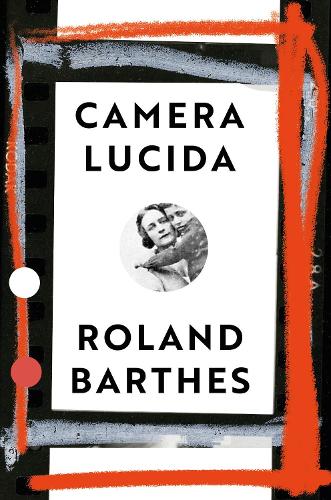
Camera Lucida: Vintage Design Edition
(Paperback)
Available Formats
Publishing Details
Camera Lucida: Vintage Design Edition
By (Author) Roland Barthes
Translated by Richard Howard
Vintage Publishing
Vintage Classics
17th March 2020
12th March 2020
United Kingdom
Classifications
General
Non Fiction
Structuralism and Post-structuralism
The Arts: techniques and principles
Semiotics / semiology
770.1
Physical Properties
Paperback
160
Width 129mm, Height 198mm, Spine 15mm
200g
Description
An inquiry into a very modern art form - photography. Barthes personal investigation into the meaning of photographs is a seminal work of critical theory of the twentieth century. Barthes investigation into the meaning of photographs is a seminal work of twentieth-century critical theory. This is a special Vintage Design Edition, with fold-out cover and stunning photography throughout. Examining themes of presence and absence, these reflections on photography begin as an investigation into the nature of photographs - their content, their pull on the viewer, their intimacy. Then, as Barthes contemplates a photograph of his mother as a child, the book becomes an exposition of his own mind. He was grieving for his mother at the time of writing. Strikingly personal, yet one of the most important early academic works on photography, Camera Lucida remains essential reading for anyone interested in the power of images. 'Effortlessly, as if in passing, his reflections on photography raise questions and doubts which will permanently affect the vision of the reader' Guardian
Reviews
Of all his works it is the most accessible in language and the most revealing about the author. And effortlessly, as if in passing, his reflections on photography raise questions and doubts which will permanently affect the vision of the reader * Guardian *
Roland Barthes' final book - less a critical essay than a suite of valedictory meditations - is his most beautiful, and most painful * Observer *
Profoundly shaped the way the medium is regarded * Guardian *
I am moved by the sense of discovery in Camera Lucida, by the glimpse of a return to a lost world * New Society *
Author Bio
Roland Barthes was born in 1915 and studied French literature and classics at the University of Paris. After teaching French at universities in Romania and Egypt, he joined the Centre National de Recherche Scientifique, where he devoted himself to research in sociology and lexicology. He was a professor at the College de France until his death in 1980.
